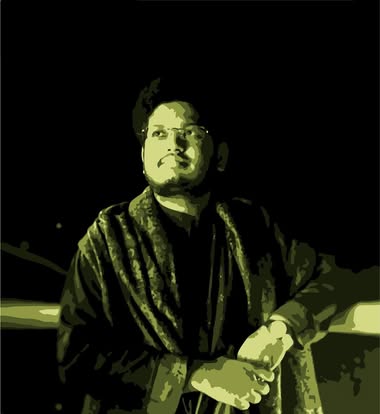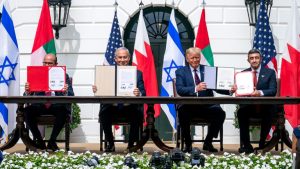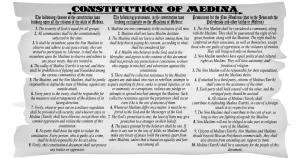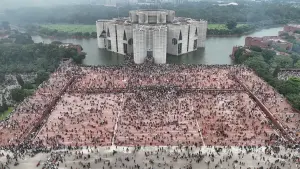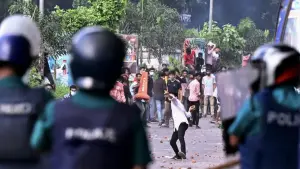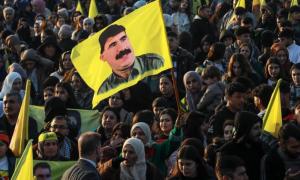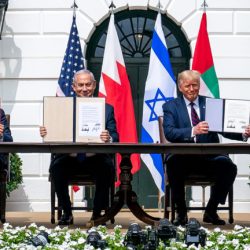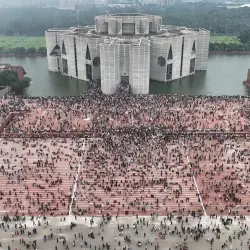The Sustainable Development Goals (SDGs) are a set of 17 global objectives that were endorsed by the United Nations in 2015 as a component of the 2030 Agenda for Sustainable Development. These objectives seek to eradicate poverty, safeguard the environment, and guarantee that everyone lives in peace and prosperity. They include a wide range of topics, such as energy, economic development, gender equality, water and sanitation, poverty, hunger, and health.
The SDGs are also designed to be interconnected and indivisible, which means that advancement in one area will encourage advancement in others. For instance, investing in clean energy can assist to protect the environment, while investing in education and gender equality can help to eliminate poverty.
The SDGs are also intended to be universal, which means that they apply to all nations regardless of how developed their economies are. This is crucial because every nation must play a part in achieving sustainable development and will gain from a more just and sustainable world economy.
Background
The Millennium Development Goals (MDGs) is a collection of eight objectives that were adopted by the United Nations in 2000 and are the predecessors to the Sustainable Development Goals (SDGs). The MDGs aimed to increase access to education, clean water, and sanitary facilities while reducing poverty, hunger, disease, and maternal and child mortality. Despite the fact that the MDGs made substantial advancements in these areas, it was acknowledged that more work needs to be done in order to address the larger concerns of sustainable development.
Read What are the Sustainable Development Goals? Do we need these?
World leaders gathered in Rio de Janeiro, Brazil, in 2012 for the United Nations Conference on Sustainable Development (Rio+20), where they discussed the direction of sustainable development. The conference acknowledged the demand for a fresh set of sustainable development objectives that would go beyond the MDGs and tackle wider concerns of sustainable development.
Who made this possible?
The UN Sustainable Development Summit in New York in September 2015 saw the official adoption of the SDGs. The United Nations created these Development Goals (UN). At the United Nations Sustainable Development Summit in September 2015, all 193 UN Member States accepted the 2030 Agenda.
The UN oversaw the process of creating the SDGs, and a wide range of stakeholders, including governments, civil society organizations, members of the commercial sector, and experts from academic and research institutes, participated.
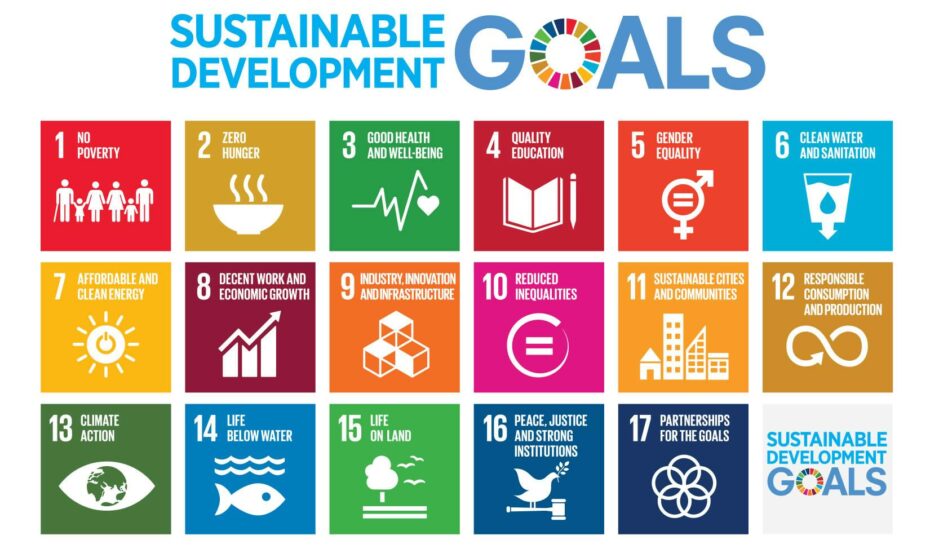
The Open Working Group on Sustainable Development Goals, a committee established by the UN General Assembly in 2012 to discuss suggestions for the SDGs, made significant contributions that helped shape the SDGs. Thirty Member States, chosen by the General Assembly to act in their individual capacities, made up the Open Working Group.
The Rio+20 summit, the High-Level Political Forum on Sustainable Development, and the Sustainable Development Solutions Network were among the discussions and processes that provided input for the SDGs.
Overall, the SDGs are the result of a collaborative and inclusive process involving a wide range of players and represent a worldwide consensus on the urgent measures required to solve the most pressing development challenges facing the globe.
What are the features of SDGs?
The Sustainable Development Goals (SDGs) have several key features that set them apart from previous development frameworks:
- Holistic and integrated approach: The SDGs recognize that sustainable development cannot be accomplished by addressing these challenges in isolation and are intended to address a wide range of interconnected economic, social, and environmental issues.
- Universal and inclusive: The SDGs strive to leave no one behind by addressing the needs of the most vulnerable and marginalized groups. They are applicable to all nations and individuals, regardless of their degree of development.
- Long-term and ambitious: The SDGs establish long-term goals that go beyond the accomplishments of earlier development frameworks in order to bring about a dramatic change by 2030.
- Based on evidence: The SDGs have been designed to be measurable and accountable, with clear indicators and targets to assess progress. They are based on the most recent scientific research and data.
- Multi-stakeholder engagement: In order to achieve the SDGs, it is crucial to involve a variety of stakeholders, such as governments, civil society, the commercial sector, and individuals.
- Integrated with the Paris Agreement: To guarantee that efforts to achieve sustainable development are in line with those to address climate change, the SDGs are integrated with the Paris Agreement, a binding agreement made under the United Nations Framework Convention on Climate Change.
- Recognizing the value of data and monitoring: The Sustainable Development Goals (SDGs) encourage countries to improve data collection and use as well as to report on goals and targets on a regular basis. This ensures that policies and actions are based on the best information available and that progress can be monitored and evaluated.
The SDGs are crucial because they offer a vision for a future that is both sustainable and egalitarian, and they make sure that all stakeholders are working toward that vision. They are a crucial tool for addressing the most urgent development concerns facing the globe today and they support the idea that nobody should be left behind.
